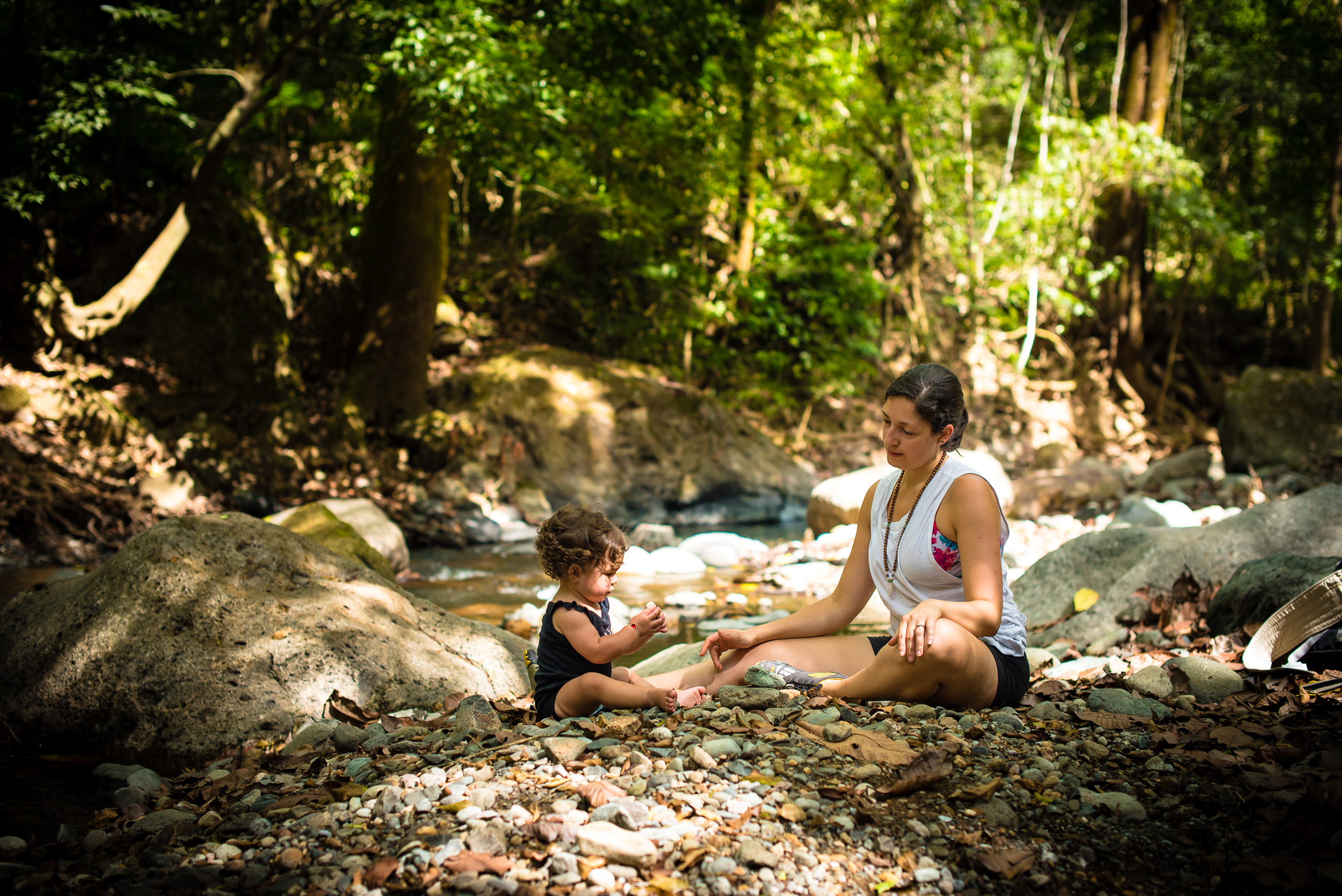When I polled my audience on Instagram, 82% identified as being in a healing/helping profession (nurse, doctor, social worker, teacher, trainer, therapist, coach, parent). I myself have been in nursing for 11 years, first in cancer care and now in women’s health. I get the importance of maintaining healthy boundaries, having good communication skills and conveying compassion.
I think I create a comfortable environment in my office; I often have people surprised about what they tell me because they hadn’t anticipated that coming up. I think this is the greatest sign that clients feel that I am present with them, open to hearing their story and ready to find solutions where I can. I thought today, I would share some tips for my fellow healers on how to create a comforting, compassionate space for your clients. 
To me, these skills transfer beautifully to parenting because our children need to feel our calm, open presence just as much as clients do.
It’s not always easy in healing professions to hear difficult stories. Sometimes, as helpers, we feel powerless or overwhelmed by the magnitude of a client situation. It’s also not always easy to know where the client ends and we begin–to know if we’re doing too much or not enough. In those moments of overwhelm, I try to remind myself to let the client/child lead:
What do they need?
What information am I missing that might help me understand better?
What is the most important thing to them right now?
Here are three important techniques to consider in order to open the space enough for clients to feel comfortable to lead the way:
- Validate how hard something is: this is the oldest, most effective tool in the healing/parenting toolkit. Universally, people want to be heard and feel understood. The best way to do this is by acknowledging the difficulty in a situation. You have no idea how much anxiety can melt off of someone when you say: “that sounds like such a difficult situation.” Often clients just heave a sigh of relief, finally feeling like someone gets their distress. In order for this to be easier to do, try to find one thread in the story that you can relate to. When was the last time you felt that scared/angry/hurt/betrayed etc.? Try to connect to that. And if you’re having trouble fully “getting it”, try to reflect back in their words: “I hear you say that when you heard the crash it reminded you of your past and that was so scary to you…”. Validation is a game changer in healing and parenting.
- Make Note of their Courage: another huge thing to do for someone who is struggling (and let’s face it, who isn’t struggling at some point?). In our fast paced, highlight reel world, it takes real courage to admit you’re suffering or that you need help. A HUGE trust builder is to make note of how courageous the client is. This helps clients feel safe to talk about this hard stuff again in the future. It also helps people feel better about their decisions, especially when difficult feelings are so often also related to low self-esteem, shame and guilt. This is a small way that you can help clients see their own capacity and strength. In parenting, it’s really invaluable to tell a child that you know how hard it was to come forward and tell the truth or to face their fear. Children have a very immature self concept, so they rely on outside sources to help them understand themselves. If you can highlight their strengths for them, it really helps boost their self confidence.
- Make time for Questions: this is a harder one to implement, especially when visits have time limits on them. But nonetheless, after I do some talking in my visit, I always end with: “do you have any questions for me?” I teach my students to do this too because I think it’s so important in building trust. We must remember that just because we have one area of expertise, clients are experts in their own right. It’s important that clients (and our children) don’t feel like we are infallible. We are allowed to be (and should be) questioned. Clients and children should feel comfortable enough to inquire about the rationale for our decisions and call us out when they feel hurt. That is the essence of building a trusting, mutually accountable relationship. So in your appointments/sessions, make sure to always leave time at the end for questions. Even if you can’t answer them right then and there, make note of them and address them later.
I hope these three principles will help you in creating a healing environment that is safe, open and mutually respectful. I know there is a lot of clinicians, healers and parents out there, so please share any other wisdom you have below in the comments section!
Hey, did you hear I have a FREE self care guide available to download?
Are you sick of being busy and overtired all the time?
That’s precisely why I created my free ultimate self care guide. For working mamas, recovering perfectionists and people pleasers just like you who want more time to do what they love. If that sounds like something you need, just click here and I’ll send my FREE self care guide your way so that you you can get started on taking care of you TODAY.
Leave a Reply